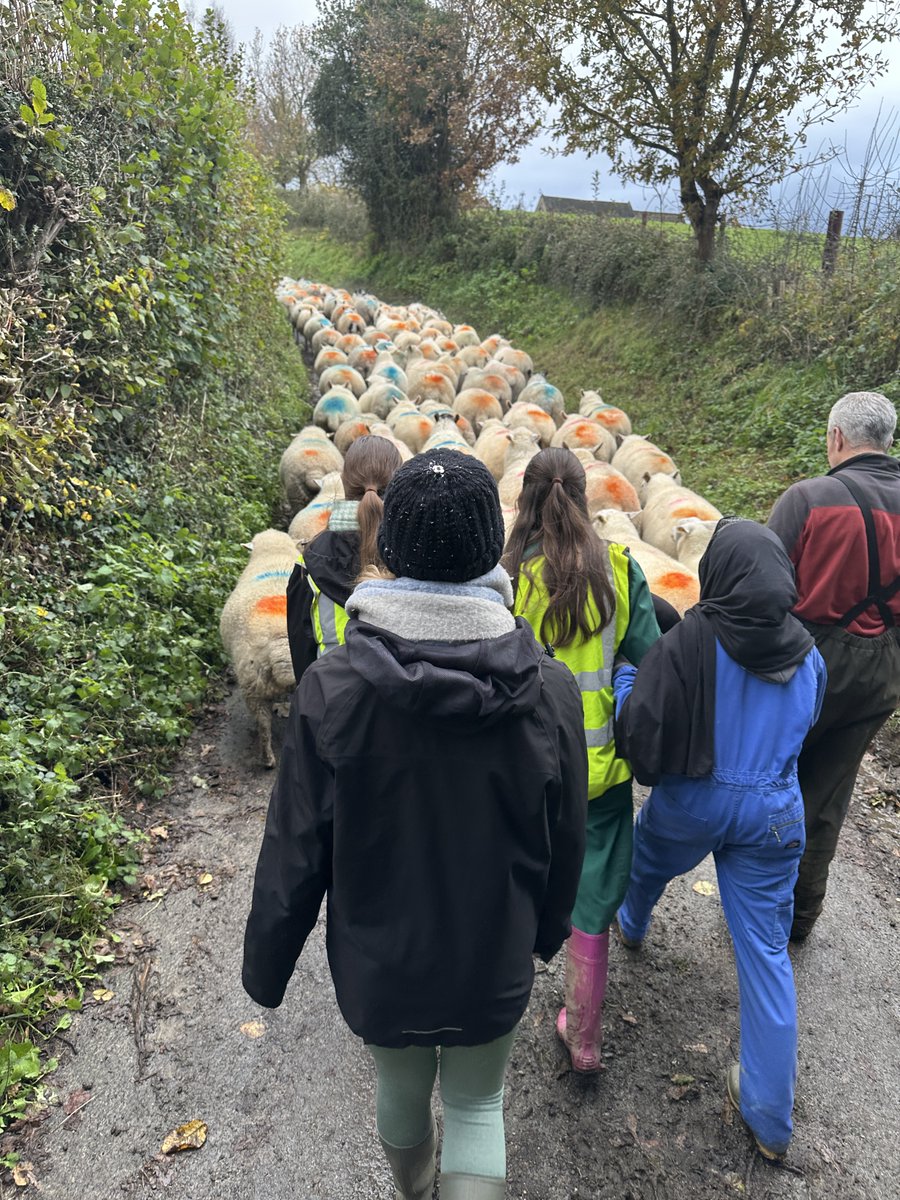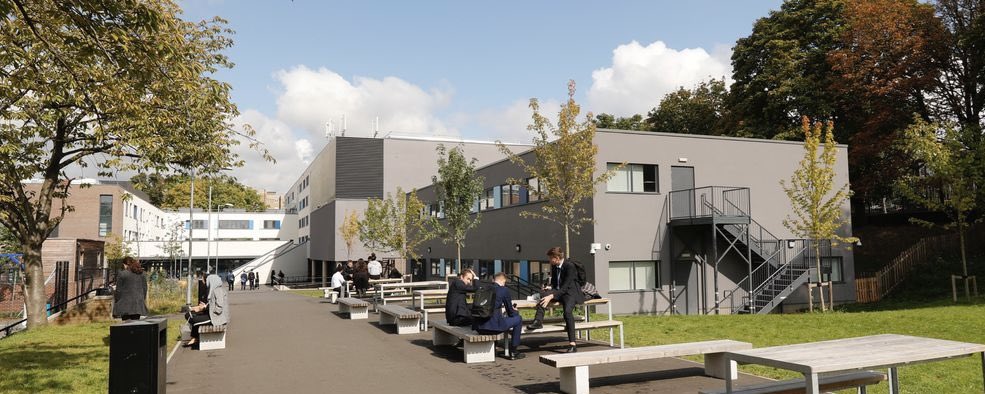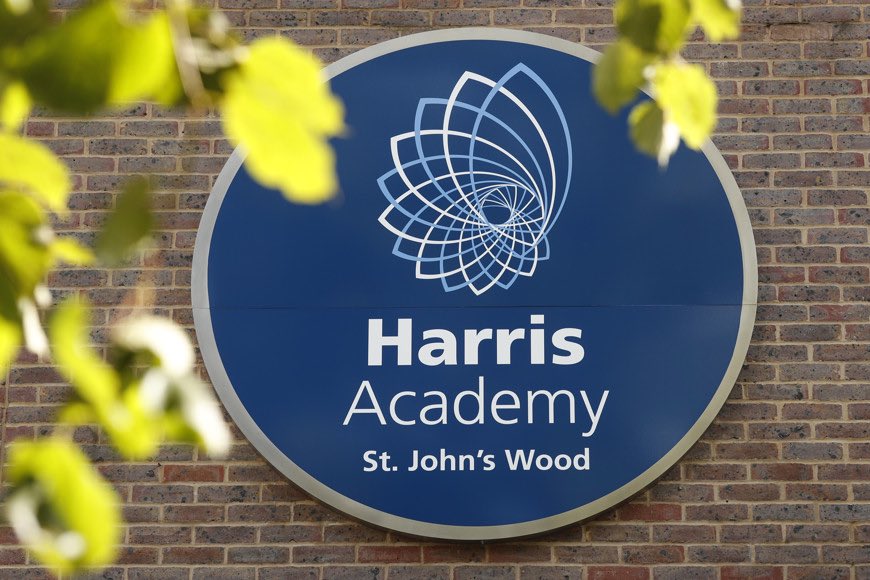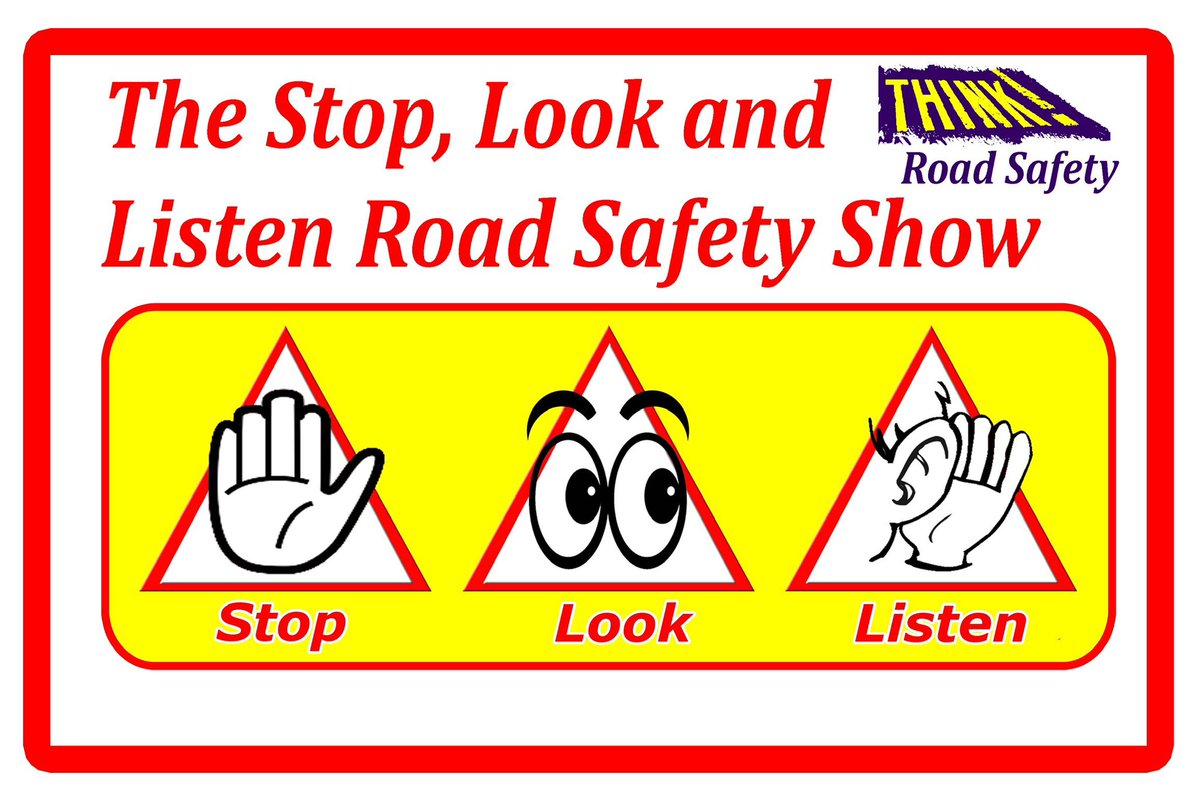Mathematics
We view maths as a subject that goes beyond numeracy. It is a language that is used throughout the working world. A solid foundation in mathematics gives you the ability to understand the language and formulate your own interpretations of symbols and numbers. With knowledge of maths, you can enhance your understanding of both the working world and nature. It is about interpreting reality and investigating ideas. Learning mathematics equips pupils with the skills to become the problem solvers of tomorrow who have, through our curriculum, developed the resilience needed to tackle real-life problems with sound logical reasoning. We are educating them in the rich mathematical heritage created by mathematicians across different time-periods and from all over the world.
Principles
Students will practise and use mathematics by:
- Applying essential numeracy skills to everyday situations
- Applying mathematical concepts to a range of difference contexts
- Analysing and interpreting data in a range of contexts
- Understanding statistics to inform decisions/interpretations of events.
- Completing problem-solving questions to develop their problem-solving skills
- Articulating their thoughts and reasoning behind their calculations and working.
Key Stage 3 content
Students work on the main strands of number, algebra, statistics, proportional reasoning and shape space and measure. They are required to firstly master their mathematical fluency in these areas so that they can then apply these skills to reasoning and problem solving.
They learn about place value, fractional thinking, powers, estimating, perimeter and area, sequences, equations, data collection and interpretation, graphs and charts, percentages, ratio and proportion. These skills are key for all students and they need to be fluent in them all to enable them to apply their knowledge to solving increasingly more demanding problems.
Key Stage 4 content
Students build on the strong foundations laid down in key stage three and continue to focus on the main strands of number, algebra, statistics, proportional reasoning and shape space and measure, again with the aim of improved reasoning and problem solving.
Some of the more advanced topics extending on from key stage 3 include functions, quadratic inequalities, circle theorems, construction and loci, advanced trigonometry, conditional probability and vectors.
There is also the opportunity to study Further Maths, which will really help to stretch and push them to fulfil and even exceed their potential.
Key Stage 5 content
A-level maths is comprised of pure mathematics, statistics and mechanics, with pure being two thirds of the content and statistics and mechanics accounting for the other third. This builds particularly on the algebra skills the students have gained at key stage 4.
Pure mathematics consists of algebra, coordinate geometry, binomial expansion, trigonometry, series, exponentials and logarithms, differentiation, integration, parametric equations and vectors.
Statistics covers sampling, data presentation and interpretation, probability, statistical distributions, hypothesis testing and correlation and regression.
Mechanics involves kinematics, forces and Newton’s laws, statics, dynamics, moments and vectors.
A-Level Further maths is also something we offer at key stage 5. It is made up of core maths, further pure maths, and decision maths and is studied alongside A-level maths. It consists of complex numbers, series, roots of polynomials, further differentiation and integration, matrices, proof by induction, vectors, differential equations, conic sections, Taylor series, methods in calculus, algorithms, graph theory, linear programming and critical path analysis.
Extra Curricular
Along with after school study clubs, students have the opportunity to take part in the UKMT maths challenge which is available to students in all key stages and we regularly get students progressing on to the following Kangaroo rounds.
During the last couple of years our key stage three students have taken part in a cross-curricular project, trying to save the New Quay Lifeboat in Wales. Students have enjoyed looking at the specifications and designs of different lifeboats and applying their knowledge of loci to map areas that the lifeboats can reach in a given time.
Exam Specifications
AQA | 8300 | GCSE Mathematics
AQA | 8365 | Level 2 Certificate Further Mathematics
Pearson Edexcel | 9MA0 | A Level Mathematics
Pearson Edexcel | 9FM0 | A Level Further Mathematics



















